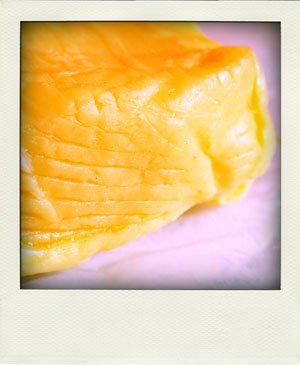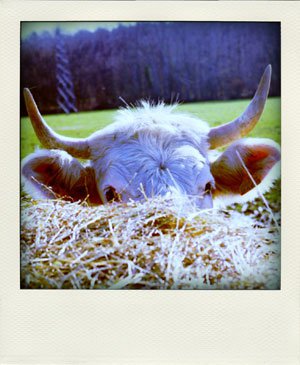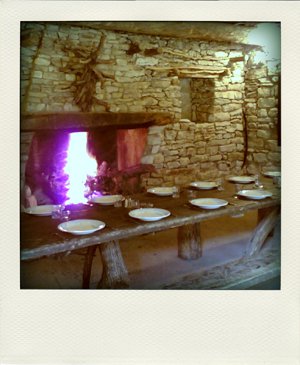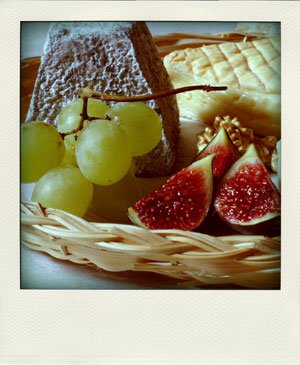
This is part of a series on French idiomatic expressions that relate to food. Read the introductory Edible Idiom post, and browse the list of French idioms featured so far.
This week’s idiom is, “Un déjeuner de soleil.”
Literally translated as, “a sun’s lunch,” it is used to describe something that’s lovely but short-lived.
When it appeared in the 19th century, the expression refered to those fabrics whose colors faded fast when exposed to sunlight; the sun “swallowed” the colors, as if for lunch.
Over time, its scope broadened to apply to anything that’s ephemeral, but it retained the notion that one would wish for that thing to last longer.
Example: “Il voulait un canapé en cuir blanc pour leur salon, mais sa femme l’en a dissuadé : avec leurs trois enfants, ce serait un déjeuner de soleil.” “He wanted a white leather couch for their living room, but his wife talked him out of it: with their three children, it would be a sun’s lunch.”
Listen to the idiom and example read aloud:







